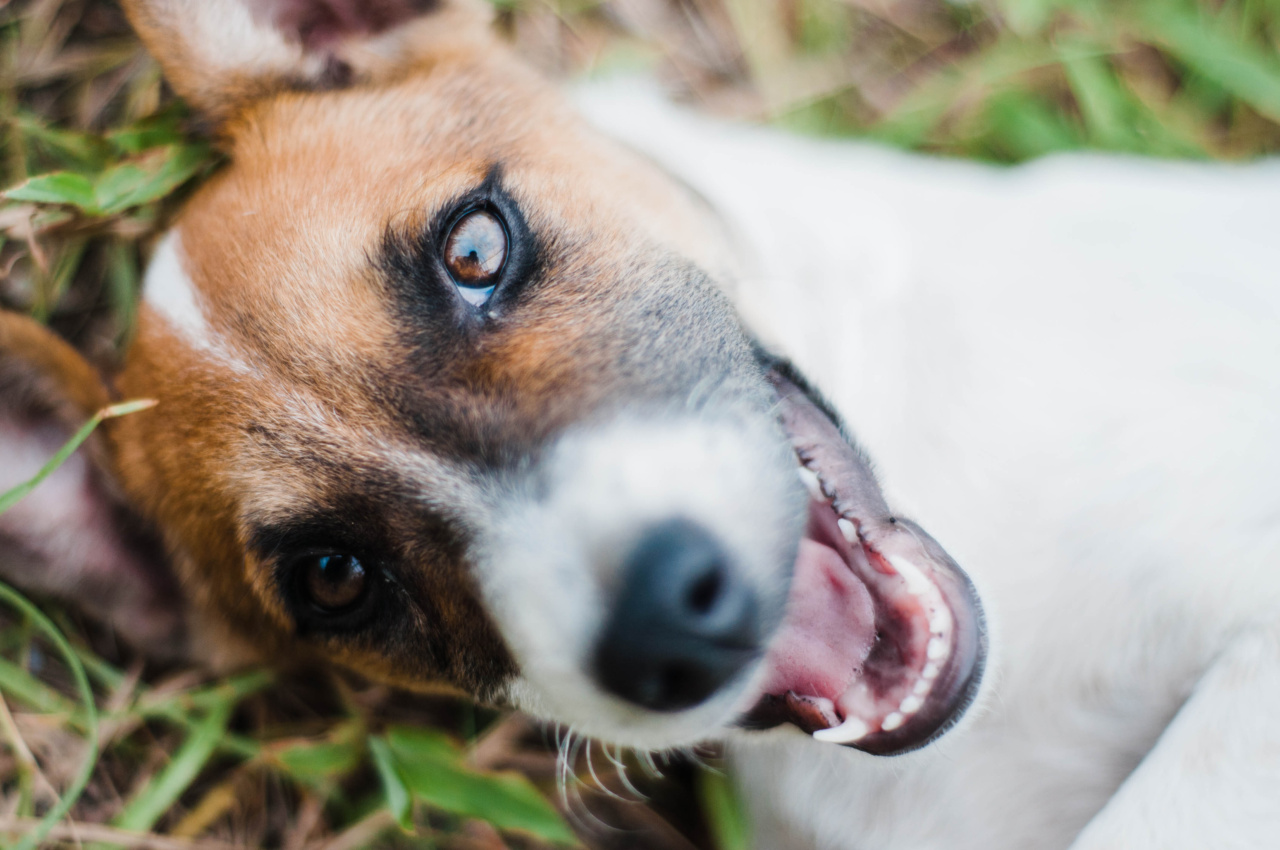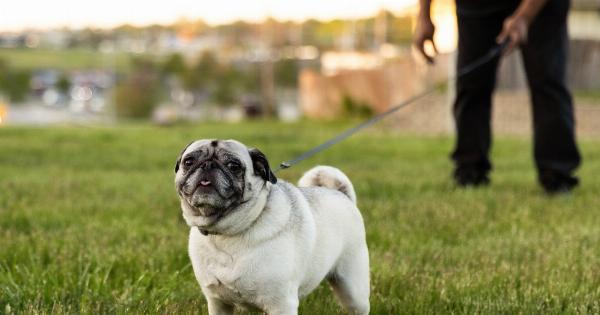One of the most common behaviors exhibited by dogs is eating grass. Dog owners may become concerned about this behavior when they first notice it, but it is generally considered to be normal behavior.
There are several reasons why dogs may eat grass, and understanding these reasons can help dog owners to better understand their canine companions.
Reasons Why Dogs Eat Grass
1. Nutritional Deficiency
One of the main reasons why dogs eat grass is because they have a nutritional deficiency. If your dog is not getting all of the vitamins and minerals that it needs from its diet, it may be trying to supplement its diet by eating grass.
Grass contains several essential nutrients that your dog may be lacking, including fiber, vitamins A and C, and calcium.
2. Upset Stomach
Dogs may also eat grass when they have an upset stomach. Grass can help to soothe the stomach and relieve nausea. This is particularly true if your dog is vomiting or has diarrhea.
3. Boredom
Sometimes, dogs eat grass simply because they are bored. If your dog is not getting enough exercise or mental stimulation, it may turn to eating grass as a form of entertainment.
4. Behavioral Issues
Eating grass can sometimes be a symptom of a behavioral issue. Dogs that are anxious, stressed, or bored may exhibit this behavior. In some cases, this behavior may be a form of self-soothing or a way to distract themselves from other problems.
5. Instinctive Behavior
Finally, it is important to remember that dogs are descended from wolves, who are known to eat grass on occasion. Some experts believe that this behavior is simply instinctive, and that dogs may eat grass as a way to connect with their ancestral roots.
Should I Be Concerned?
If you notice that your dog is eating grass, you may be concerned about whether this behavior is harmful. In most cases, eating grass is not harmful to dogs.
In fact, it can be beneficial if your dog is trying to supplement its diet or if it is suffering from an upset stomach.
However, if you notice that your dog is eating grass excessively, or if it is vomiting or experiencing diarrhea, you should take your dog to the vet.
Excessive grass eating can sometimes be a sign of a more serious health problem, such as intestinal parasites or an obstruction in the digestive tract.
How Can I Prevent Grass Eating?
If you are concerned about your dog’s grass eating habit, there are several things that you can do to help prevent this behavior:.
1. Feed Your Dog a Balanced Diet
Make sure that your dog is getting all of the essential nutrients that it needs from its diet. This can help to prevent nutrient deficiencies that may lead to grass eating.
2. Provide Plenty of Exercise and Mental Stimulation
Giving your dog plenty of exercise and mental stimulation can help to prevent boredom, which is a common reason why dogs eat grass.
3. Keep Your Dog’s Environment Stimulating
Make sure that your dog’s environment is stimulating and interesting. You can provide toys, puzzles, and treats to keep your dog entertained and engaged.
4. Work with a Trainer or Behaviorist
If your dog’s grass eating is a symptom of an underlying behavioral issue, working with a trainer or behaviorist can help to correct the problem.
The Bottom Line
So, should you be concerned if your dog is eating grass? In most cases, the answer is no. However, if you notice that your dog is eating grass excessively, or if it is vomiting or experiencing diarrhea, you should take your dog to the vet.
By understanding the reasons why dogs eat grass, and taking steps to prevent this behavior, you can help to keep your canine companion happy and healthy.






























